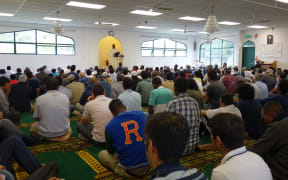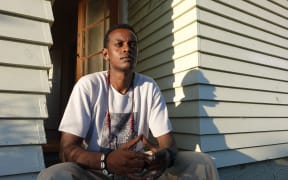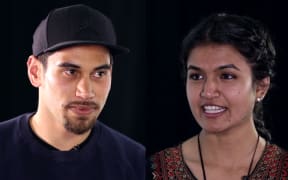Members of New Zealand's Muslim community say they have been humiliated and treated like "criminals" by airport customs.
They say they are regularly stopped at Auckland Airport for hours, while their belongings are searched and their mobile phones taken off them.
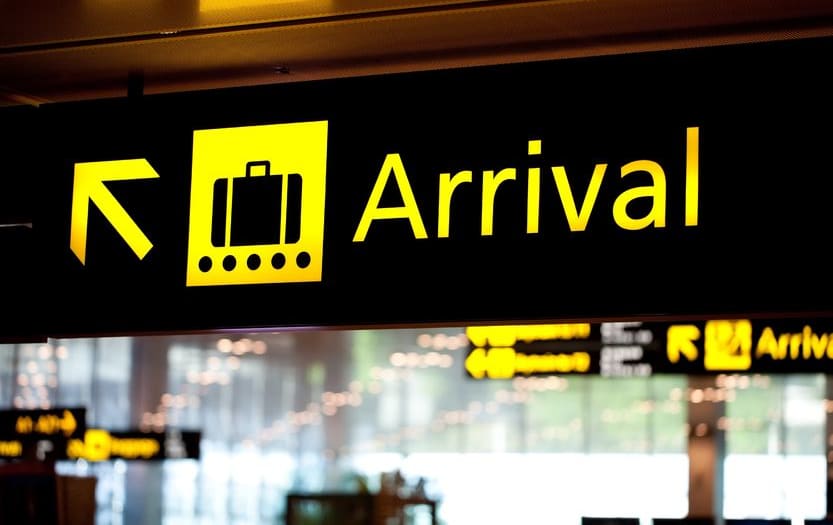
Photo: 123RF
Saed, 22, is an auto engineering graduate from Auckland. He has just spent a year in Egypt with his fiancé and in May was coming back to try his luck at the job market.
He said the last thing on his mind was being stopped at Auckland Airport.
"Customs just chose me out of a whole bunch of people at the airport, told me to come aside to this different aisle.
"They actually went through every single bit of my bag, my clothes, all my media devices."
For three hours he was told to explain where he'd been, who he stayed with, and then asked to hand over his phone so the information could be verified using his photos. It was a lot to endure after a 17-hour flight.
"I thought I just got home, you know, this is my country, I can relax, but no I had to wait."
He said the experience was humiliating.
"I was sitting there with all my luggage on five, six tables, and people are coming in through the casual checkouts and they're looking at me, they're pointing at me.
"I just felt like I was a criminal or something."
Saed said his older brother was waiting outside the terminal to pick him up, but he was not allowed to use his phone to tell him what was happening.
Once the search was over, he was allowed to pack his bags again and proceed.
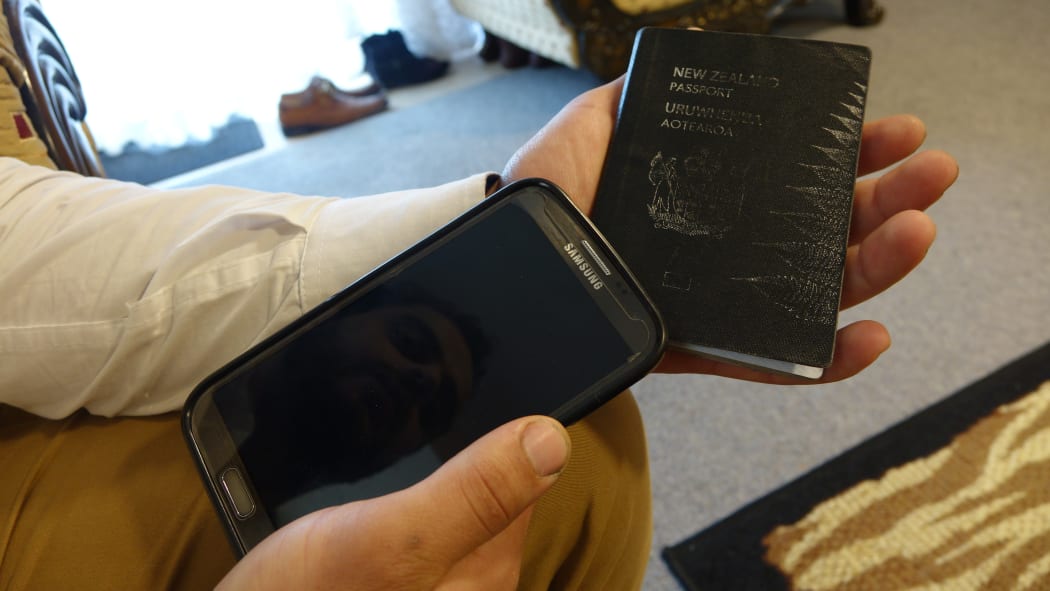
Saed, a 22-year-old engineering graduate, was stopped and questioned after coming back from Egypt. Photo: RNZ / Mohammed Hassan
Mohamed was born in Tunisia but moved to New Zealand 19 years ago.
Last month he backpacked through South-East Asia, fulfilling a lifelong dream.
But on his return through Auckland customs, he was asked to step aside, where his backpack and carry-on were opened by staff, and everything was emptied out.
"They went through everything and they asked me a lot of questions."
"What I did, what countries I've been to, what flights I caught, they wanted specifics in terms of what dates I travelled on, what hotels I stayed at."
He was asked to unlock his laptop, his phone and his iPad, which were searched for photos to match his travel information.
"I honestly have nothing to hide, so I didn't really mind it.
"The only problem is if this is gonna happen every single time I travel, it seems like some sort of profiling."
Last year he was stopped on his way back from a family wedding in Tunisia, where his parents now live. He was asked repeatedly why he would travel to the North African country given recent terrorist attacks.
"I've asked a couple of friends who have been to Tunisia, even Libya, and they weren't stopped."
"They were not Muslims, they were just normal Kiwis."
He said he doesn't feel like the treatment he received was fair.
"After traveling through a lot of countries, you expect to be treated really well when you're home, you know you miss home, and I do consider New Zealand home."
A student in his 20s, who did not want to be named, said he was stopped twice last year while also visiting family in Tunisia.
"It was humiliating, and it felt like I was accused of something, or even guilty of something.
"There was a complete lack of information about why I was stopped, what the process is, or how long it will take."
He initially refused to hand over passwords to his phone, saying he didn't want a stranger looking through photos of his family, but was told by the customs officer the phone would be accessed with or without his permission.
"They said it will take longer but they will get approval to search either way."
He said he feels like he is stopped repeatedly because of his ethnicity.
"You already feel like you are guilty because you were chosen out of all these people and then you spend the next hour answering invasive questions with no support after a very long flight."
"As a NZ citizen I feel like I'm being punished because of my background, whether because it's my religion or my country of birth."
No profiling based on religion or belief - Customs
But Auckland Airport customs operations manager Jared Nicholson said profiling does not happen.
"We consider a wide range of indicators when deciding to interact with passengers or question them, it may include nationality as observed on the passport.
"That's just to establish whether a passenger might have originated in or passed through regions that we consider higher risk."
Other indicators include a passenger's body language and general demeanour, which can also be flags for concern, he said.
"We can't ultimately profile a person based on religion or belief, because we can't request that information."
Under the current Customs and Excise Act 1996, travellers are allowed to refuse access to their electronic devices.
That legislation is under review and proposed changes to be considered by Cabinet later this year could make it mandatory to hand over passwords, but only if criminal activity is suspected.
Until then, Mr Nicholson said Customs would continue to ask for passwords or access.
"There could be a number of reasons that might be concerns with the validity of their travel plans or the reasons they're visiting us here, so we might look at an electronic device to provide us with some assurance.
"It might be to establish if they're in possession of any objectionable material, it could be child abuse material or terrorism-related material, or any other broader offending."
On Sunday night, Muslims living in Auckland's Mount Roskill suburb gathered at Al Manar mosque to pray, celebrating the final week of Ramadan.
Between prayers, the Imam made an announcement asking those who had been stopped by New Zealand customs to come forward and share their stories.
RNZ News spoke to 11 people that night.
Among them, Abdelsalam, who said he and his pregnant wife were searched and questioned for four hours last year while on their way back from Dubai.
They were told it was a routine check.
"I don't know if that applies to everybody who comes into New Zealand, or it's just us.
"I need answers to these questions, I'd be pleased if someone can explain that to me, because we don't deserve that."
He said it was frustrating being in such a vulnerable situation, not knowing why they were stopped, what their rights were, and if it would happen again.
Ramy, a Syrian businessman, was on a flight back from Taiwan when he and his wife were questioned and searched.
He said they were told by customs officers it was a random search, but he didn't believe that.
"You make us feel like we're criminals, like we're not a part of the system.
"It's discrimination, we can feel it. You cannot do anything."
He said Muslims understood there were security risks, but they shouldn't be marginalised as a result.
"Let us know how we can help. We want to help."
One man originally from Somalia told RNZ News that while he was being questioned for nearly four hours, an Australian man nearby was caught with marijuana in his pocket.
After being charged, the man was allowed to leave an hour later, while the Somali man was still being questioned.
